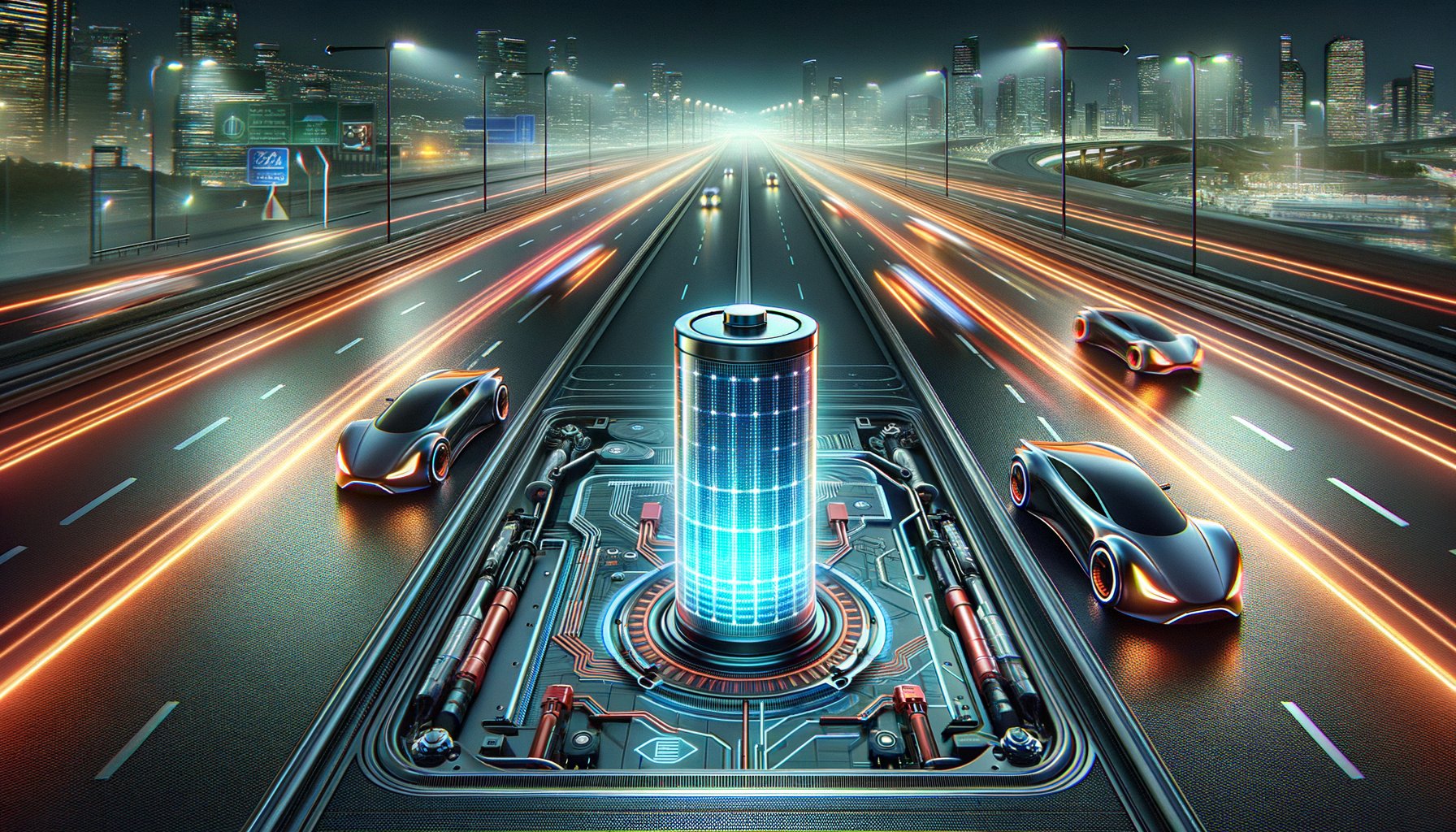Physical Address
304 North Cardinal St.
Dorchester Center, MA 02124
Physical Address
304 North Cardinal St.
Dorchester Center, MA 02124

As we steer towards a greener future, electric vehicles (EVs) are rapidly gaining traction. The heart of this automotive revolution lies within the realm of battery technology. From enhancing energy density to improving charging speed, advancements in battery technology are driving the evolution of EVs.
Electric cars have been around since the late 1800s, but it wasn’t until recent years that they have become a viable alternative to traditional combustion engines. The advent of lithium-ion batteries has played a pivotal role in this shift. Compared to their predecessors – nickel-metal hydride (NiMH) and lead-acid batteries – lithium-ion batteries offer higher energy density, longer lifespan, and better charge efficiency.
However, like any technology, lithium-ion batteries aren’t without their limitations. They can be expensive to produce and have potential safety issues due to thermal runaway risk. These challenges have sparked an ongoing quest for newer, safer, more efficient battery technologies.
A promising contender in the race for superior battery technology is solid-state batteries (SSBs). Unlike conventional lithium-ion cells that use liquid electrolytes to transport ions between the cathode and anode, SSBs utilise a solid electrolyte. This fundamental difference brings about several advantages.
Firstly, SSBs potentially offer higher energy densities than their liquid counterparts – up to twice as much according to some estimates. This could significantly extend the driving range of electric cars on a single charge.
Secondly, SSBs promise faster charging times due to improved ion conductivity. Some prototypes have achieved 80% charge in just 15 minutes.
Lastly, the solid electrolyte in SSBs virtually eliminates the risk of thermal runaway, making them inherently safer. Despite these advantages, challenges such as high production costs and difficulties in achieving uniform ion conductivity have delayed their widespread adoption.
Another exciting development in battery technology is the emergence of graphene batteries. Graphene, a single layer of carbon atoms arranged in a two-dimensional honeycomb lattice, boasts exceptional electrical conductivity, thermal stability and mechanical strength.
Incorporating graphene into battery design can potentially boost energy density and reduce charging times. Some prototypes have demonstrated full-charge times as low as 20 minutes while offering a driving range comparable to conventional petrol-powered cars.
Beyond advancements in battery chemistry, innovations in charging infrastructure are equally important. One such innovation is wireless or inductive charging.
Inductive charging utilises electromagnetic fields to transfer energy between two coils – one embedded in the charging station and the other within the car. This technology eliminates the need for physical connectors and cables, offering a seamless charging experience for EV owners. While still relatively expensive and less efficient than wired alternatives, ongoing research aims to overcome these limitations.
The proliferation of electric vehicles also brings about an increased demand for electricity. To ensure grid stability during peak demand periods, energy storage systems (ESS) will play an essential role.
ESS store excess energy produced during off-peak hours for use during times of high demand. These systems can also absorb surplus power from renewable sources like wind or solar farms when generation exceeds consumption – effectively turning electric vehicles into mobile power storage units that contribute to grid stability.
In conclusion, the future of electric vehicles is intrinsically linked to advancements in battery technology. From solid-state batteries to graphene cells and wireless charging, these innovations promise to make electric cars more efficient, convenient, and affordable. As we continue to push the boundaries of what’s possible, the dream of a sustainable automotive future becomes ever more attainable.